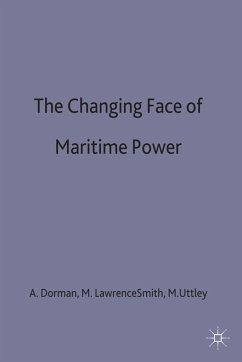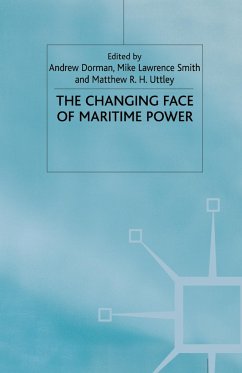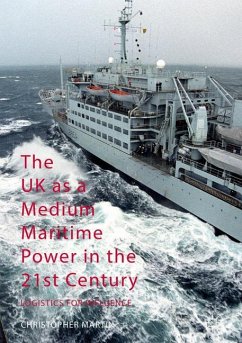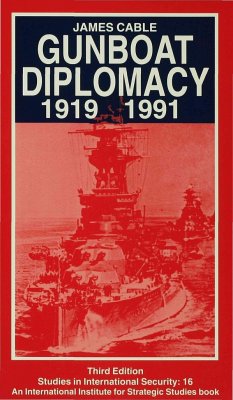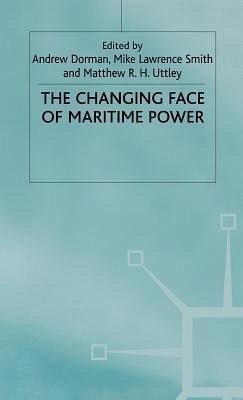
The Changing Face of Maritime Power
Versandkostenfrei!
Versandfertig in über 4 Wochen
159,99 €
inkl. MwSt.

PAYBACK Punkte
80 °P sammeln!
The end of the Cold War has affected debates about maritime strategy, doctrine, operations and technology. This has led to an intellectual reconsideration of the theory and practice of maritime power. For the first time, this book addresses these themes in a systematic and overarching way, and brings together internationally renowned scholars in a single text. It considers the applicability of classical strategic thinking today as well as the evolution of contemporary doctrine. The analysis moves on to explore the impact of the changed international environment on maritime operations, and how ...
The end of the Cold War has affected debates about maritime strategy, doctrine, operations and technology. This has led to an intellectual reconsideration of the theory and practice of maritime power. For the first time, this book addresses these themes in a systematic and overarching way, and brings together internationally renowned scholars in a single text. It considers the applicability of classical strategic thinking today as well as the evolution of contemporary doctrine. The analysis moves on to explore the impact of the changed international environment on maritime operations, and how emerging technological developments are shaping this process. Using the United Kingdom as a case-study, the volume concludes with an evaluation of how, in practical terms, the changing face of maritime power is influencing western navies.





